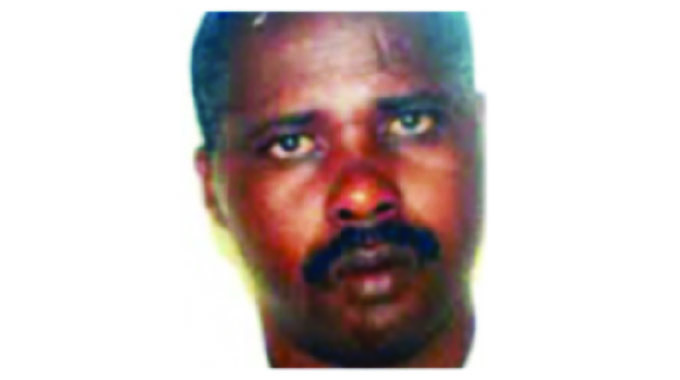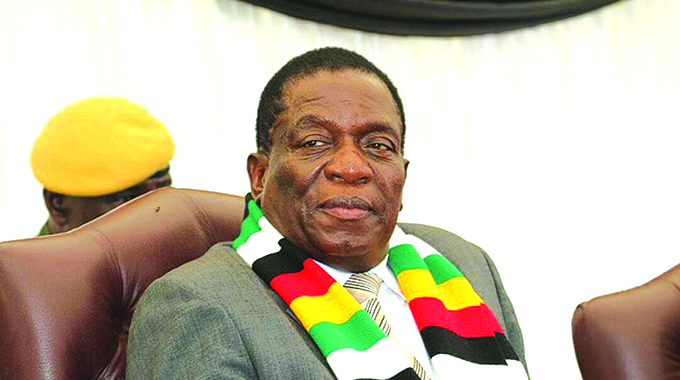Survivors laud arrest of Rwandan genocide suspect

KIGALI. — Once the mass murder of their people began, Safari Jean Bosco and his mother, sister and brothers sought refuge in a Catholic church along with over 2 000 others packed into the building. Some prayed as hungry mothers strained to breastfeed.
By April 12, 1994, six days after the genocide against Tutsis by an extremist Hutu regime began, militia surrounded the church.
Soon afterward Bosco saw local police inspector Fulgence Kayishema in a meeting with the parish priest and others.
“We thought the meeting . . . was addressing how to maintain our security,” Bosco told Reuters. “It later came to our knowledge that they had cruel intentions to exterminate us.”
Hutu militia lobbed grenades at the Nyange Catholic Church in Kibuye Prefecture, then doused it with fuel to set it ablaze.
When that failed, they knocked down the church with bulldozers and most of those sheltering inside died.
Last Wednesday, after 21 years on the run from his genocide indictment over the church massacre by the international Rwanda war crimes tribunal, Kayishema was arrested in South Africa, giving the survivors a long-denied sense of satisfaction.
“The arrest of Kayishema was eagerly awaited. May justice prevail,” said Bosco, now 67, who survived the bulldozing by hiding under some of the bodies of the 2 000 victims.
He had been Kayishema’s neighbour before the 1994 genocide, and spoke to Reuters by his front door while gazing pensively at Kayishema’s old plot of land.
Another neighbour, Aloys Rwamasirabo, lost five of his nine children at the church.
The rest were killed elsewhere by Hutu militia.
“We just thank God and the government that he was caught,” said Rwamasirabo, who helped build a memorial at the site of the church. “We want him (Kayishema) to come and see how the place looks now despite what he has done to it.”
Tribunal prosecutors said Kayishema helped plan the church slaughter, obtained materials to help carry out the killings and supervised the dumping of corpses into mass graves. —Reuters










Comments